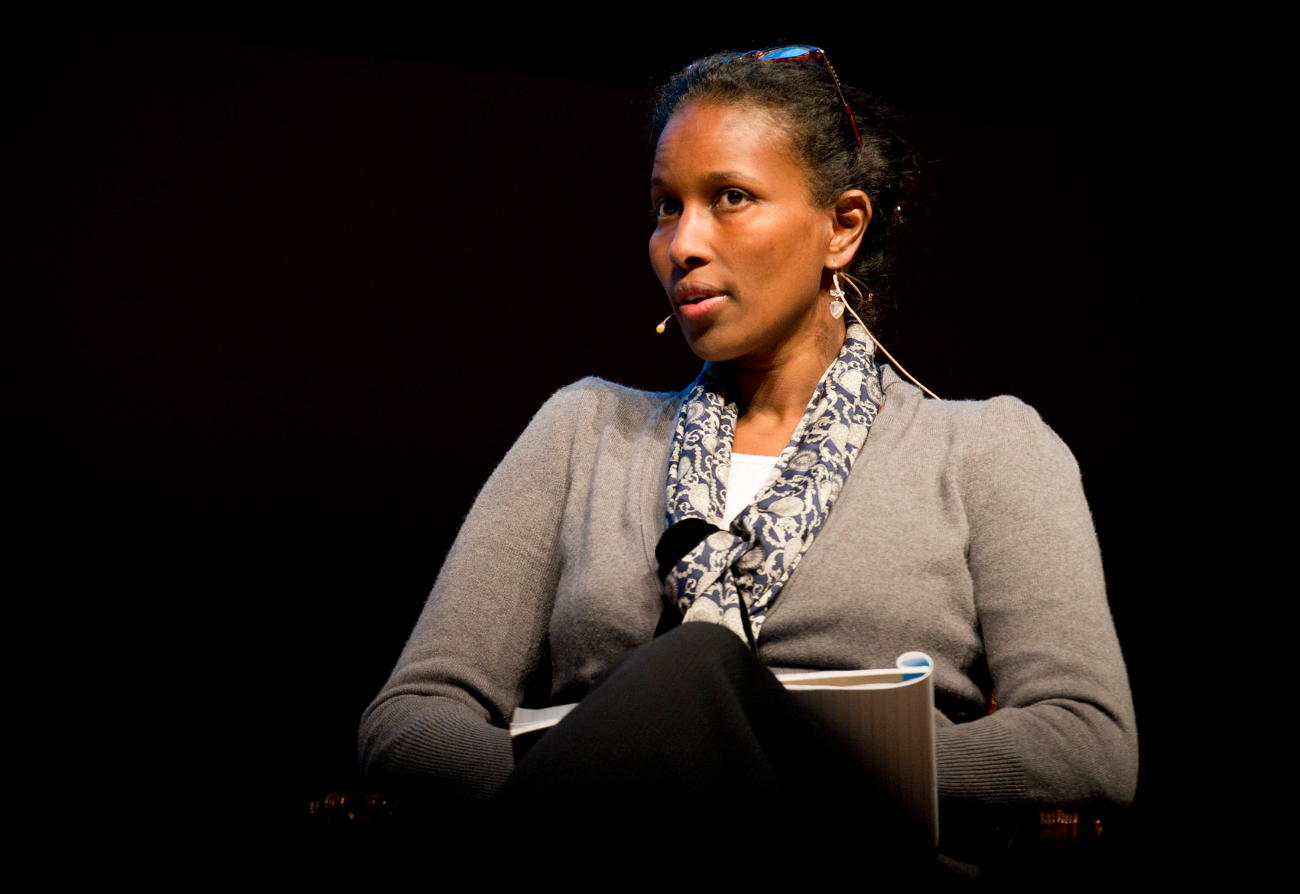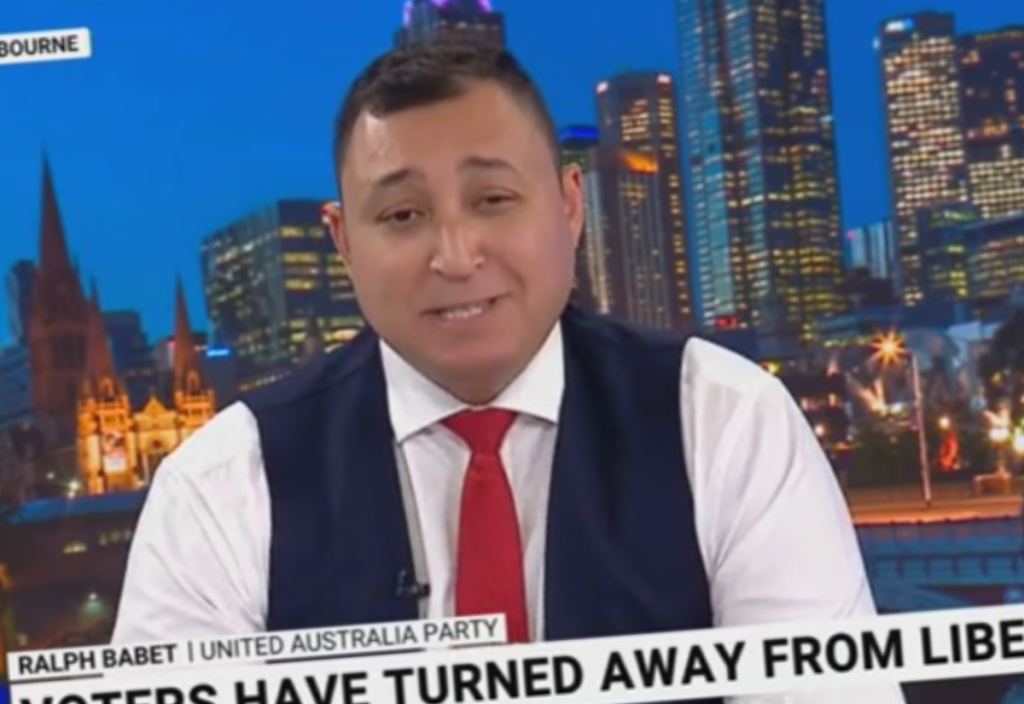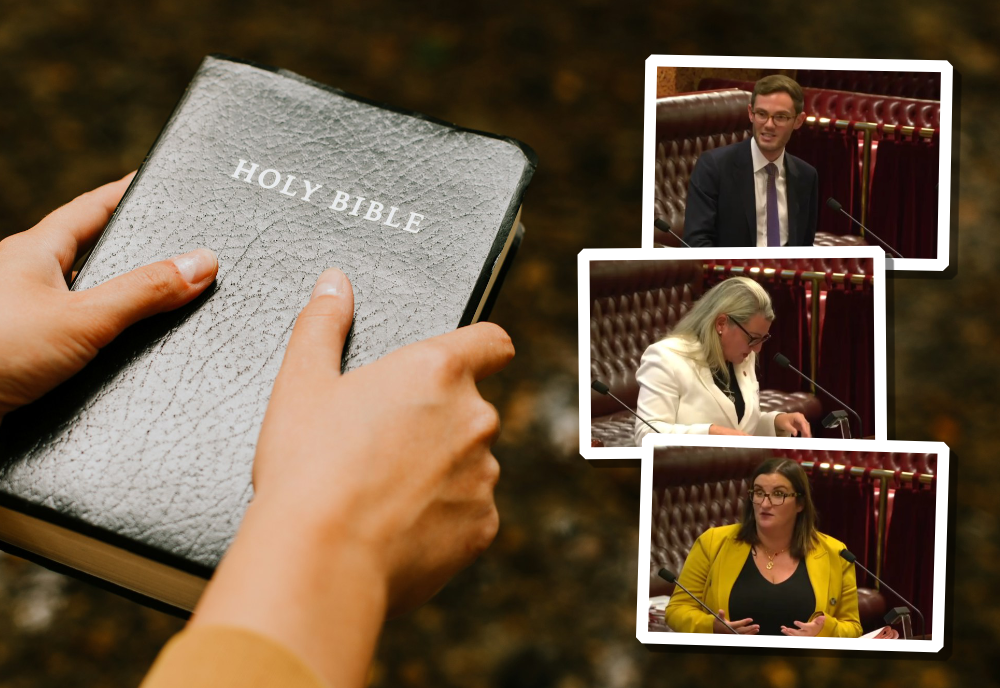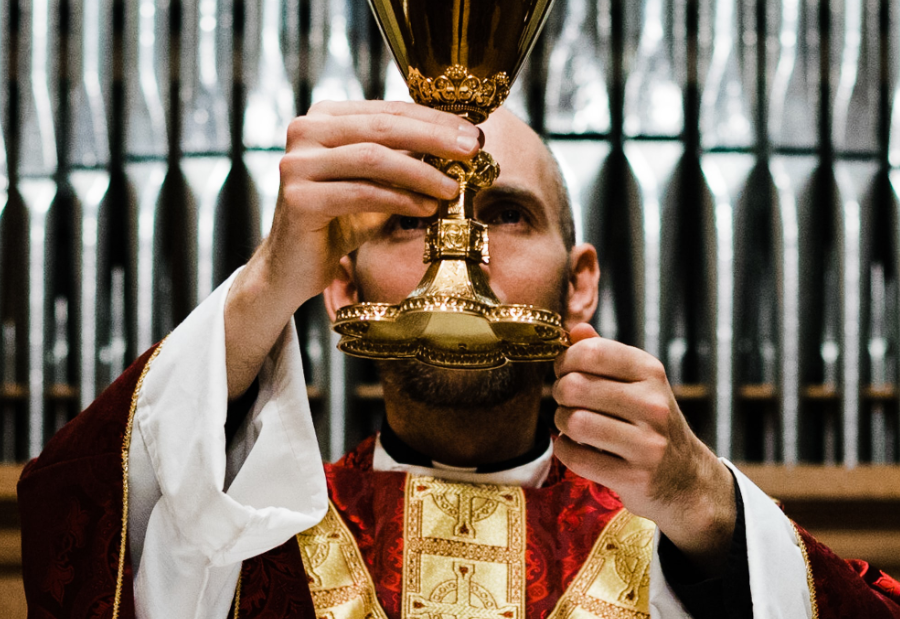Editor’s note: In UnHerd magazine last weekend, Ayaan Hirsi Ali, a feminist and critic of Islam, wrote about her journey from being an atheist to becoming a Christian. In 2017, our former Australian Rationalist journal interviewed Hirsi Ali. We are republishing that interview here.
Australian Rationalist (AR): You have been subjected to an enormous amount of pressure, ranging from death threats to, more recently, the insults from Linda Sarsour. Psychologically how do you deal with that sort of thing?
Hirsi Ali: There is no psychology to it. I have been doing this since 9/11 of 2001. I listen to women like Linda Sarsour and think: “She doesn’t know me and I don’t know her.” I know that she is devoted to Islamic law and the implementation of Islamic law, and so I think of her as a fake feminist.
And I think other people should do their due diligence when they march with people like her. She is, in fact, a proponent of Islamic law, and there is no principle that is more demeaning and degrading and dehumanising to women than Islamic law.
I fight for what I believe in, which is universal human rights and the equality between men and women before the law. And religious tolerance and rights for gay people and the LGBT community. They should have every right that heterosexuals have. That is what I believe in and that is what I fight for.
I understand that she and I are ideological opponents. I do not stoop to the kind of language that Sarsour uses, but it is very clear to me that she hates me because of my ideas.
AR: There seems to be a lot of hatred and the debate seems to be becoming more extreme. Where do things stand? How likely is it for there to be constructive ways of moving forward?
Hirsi Ali: The trouble is that with the values that are in Islamic law a compromise is just not possible. You are not going to offer a little bit of equality between men and women. (Those on the other side) are not going to say that we will go the other way and kill apostates or strip them of their rights. There is no middle ground there. It is characteristic of Islamic extremism that they just don’t argue their position.
I have spent hours and hours thinking about how I should sell the ideas. What is wrong with my way of looking at the world? I can be persuaded up to a certain point, but there are some values I will never give up. I will never use violence. Whereas Islamic extremists disagree with that and use the harshest language possible and they are very happy also to use violence.
A lot of people say Islam is the fastest growing religion in the world. Well, you know, there are so many Muslims who are terrified of coming out and saying that they are not Muslims any more. They are afraid of their own families.
AR: If there is no room for compromise, how can you reform Islam? Is there a way of doing it?
Hirsi Ali: There is, because I am one of those people who believe that ideas – I believe Islam is a human idea – can be changed in the minds of people. I am now seeing, with relief, more and more Muslims coming out and saying this moral code that is Islamic law is false. They can’t align it with their conscience.
The question and discussion I have with some of these Muslim reformers is to ask the question: “What is it about Islam that should be shed? What should be seen in an historical context and belongs in a museum and not in real life?” I identify five principles (that need to be rethought): following blindly the edicts in the Koran and Mohammed’s conduct; believing that life after death is more important than life before death; believing that some individuals occupy the commanding heights, have the power to enforce the law; and the practices of shariah law and jihad.
These are the key components that Muslim reformers should gather around and try to persuade Muslims to change their minds around that. It is going to be a very long struggle.
AR: I have heard it argued that some people say some of this is not true to Mohammed. How many of those principles are genuinely stated by Mohammed rather than added later?
Hirsi Ali: There are two discussions that come up every time that Islamic extremism is discussed. One is a set of Muslims saying: “Look, Mohammed never said these things and he never did it, and it is not in the Koran and the scripture, and history of Islam is one of peace.”
That is easily debunked. You just look at the Koran and you look at Mohammed – and I am not talking about what non-Muslims say about Mohammed; I am talking about the hagiographic biography of Mohammed written by people who believe in him. When we look at occasions when Islamic law is implemented, what do you see? Do they look very peaceful to you? These are places that have internal repression. A good example is Iran. Another good example is Saudi Arabia. So that claim is easily debunked.
A lot of people say Islam is the fastest growing religion in the world. Well, you know, there are so many Muslims who are terrified of coming out and saying that they are not Muslims any more.
The other issue that arises here – if we fantasise about an ideal world where Muslims will stop denying what Islam actually says – is it possible for them to be Muslim and at the same time criticise the Prophet Mohammed? Ultimately, Muslims will have to find their own solutions to that.
It is possible, in my view, for Muslims to shed all the violence and intolerant principles and remain Muslims. Because they will then adhere to the example of the Prophet Mohammed in Mecca when he prayed, and he fasted, and he was religious in the way we think of religion today. It is only after he goes to Medina that he starts to develop not just a religious doctrine but a political and military doctrine.
AR: Another argument is that many of the problems in the Middle East are more cultural rather than religious. In some of the societies that do female genital mutilation (FGM), Christians do it as well as the Muslims. So it is attributed more to a cultural history rather than a religion. What is your view of that kind of position?
Hirsi Ali: The practice of cutting and sewing the genitals of girls and women predates Islam. It was there before Islam and it happens in places where people are not Muslim at all.
What makes it fit into Islam is that there is this hadith – hadith is a narrative. People say that the Prophet Mohammed had recommended it. The view of modesty, virginity, the position of the woman and her honour in Islam is what makes it prevalent in Muslim countries. You could argue, technically, that, even if Mohammed did recommend it, a recommendation is different from an obligation: you don’t have to do it.
But, even if that is the case, it is really about the position of women in Islam. It is part and parcel of measures such as having women covered from head to toe. Or having women be wards for the rest of their lives. Forcing children into marriage. They are never seen as adults. This is an attitude towards women. And if you see it in that context, you will understand why the Muslim Brotherhood introduced the practice into Indonesia, where, prior to that, it was never practiced.
There are several places in the world where Islam has transported the practice of female genital mutilation in the name of Islam. So who can deny that it is Islamic? We don’t want to have empty discussions. We want to really talk about the core problem, and the core of the problem is the attitude to women. Simply refusing to recognise women as fellow human beings.
AR: Is there actually a theological position in Islam that men and women aren’t equal?
Hirsi Ali: It is implicit and explicit. The Koran, the hadith and the practice of Islam makes women subordinate to men. Women are not seen as autonomous owners of their own bodies.
You could argue that that is Arab culture and many other non-Muslim societies. But you cannot argue that men and women are regarded as equal in Islam.
AR: Is that said overtly in a theological way in Islam?
Hirsi Ali: Yes, it is. There are many ways it is said theologically. For instance, the wife has to obey without question. If she disobeys, or if he fears her disobedience, he warns her and he can leave her alone in bed or beat her if he needs to. This is at the core of Islam’s attitude to women.
Even in cases where Islam is not implemented in the sense of hands and feet cut off, or people are beheaded, it is still the case in those places that the family law, which is the law of the land, strips women of their rights. I am talking here about more progressive countries in North Africa. Even where they have the laws on the books that are very European, still the way that people live is to subordinate women to men. All of this is argued in the name of Islam – all of it.
AR: What is your view of Donald Trump at the moment? Are you a supporter of what he is doing, are you indifferent, or are you against what he is doing. Particularly the refugee ban, but also his general positions?
Hirsi Ali: He gave a speech in August last year – which I thought was very heartening – when he said we have to call Islamic extremes by its name. He put it in the same realm as the totalitarian ideologies of the twentieth century – Nazism, fascism and communism. He said the threat of the day is Islamic extremism. He said if he was elected president that was how he was going to fight it – he was going to see it as an ideology.
He has only been in office 13 or 14 days – he has been very busy – but I think his basic premise is right. Now we just need to develop a very effective tool box to fight it as an ideology.
The trouble with Obama’s presidency, and even George W Bush’s presidency, was that they focused only on the violence and therefore limited the tool box of measures that they could apply. They confined themselves only to surveillance and military tactics. But you can’t really bomb bad ideas out of people’s heads. Islamic law is a bad idea, and if we develop a counter narrative, a counter set of ideas, then sell that, then I think we will be able to persuade lots of Muslims to abandon Islamic law.
AR: What are the elements of that narrative? What does it look like?
Hirsi Ali: One of the tools that Islamic extremists use to recruit people and inspire them is to say that there are all these rewards promised in the afterlife. We could develop a counter narrative of life where they say we love death more than life; we could say we love life more than death. Here is a narrative of life. But that means you are going to talk about life after death, and you will be accused of blasphemy and attacking Islam and all the rest of it.
You could also point to open liberal societies. And, even though they are not perfect societies, they are prosperous. People grow old and die in their beds most of the time. That the idea o liberty and liberalism is superior to the idea of Islamic law.
You can point it out to those they target: that is, the young and impressionable men, and say: “Why are you fleeing your country of origin. Why are you trying to get to the United States of America? Because America implements the idea of liberty and what you are promised as a young man or a young woman when it comes to Sharia law is a cruel society, cruel economics. It is inhumane.”
So you have a counter narrative in exactly the same way as we had in the Cold War. We used all sorts of cultural norms and cultural persuasive tools to get to the people behind the Iron Curtain and persuade them that Marxism was a nihilist, violent and empty ideology. It looked good on paper, but it was not when put into practice.
Photo: Rocco Ancora / Atheist Foundation of Australia (Flickr, CC)










